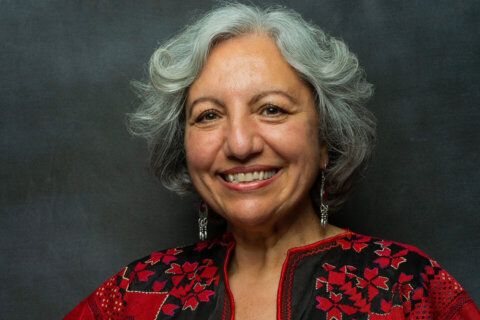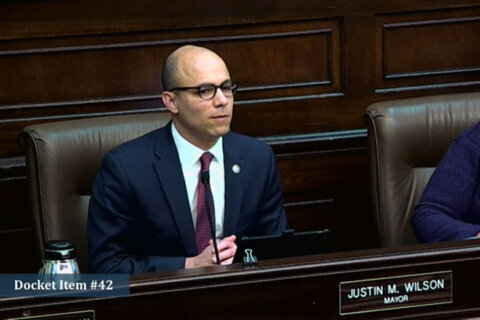
The 81st anniversary of the Alexandria Library sit-in will be virtual this year, as the Alexandria Black History Museum in Virginia is temporarily closed due to the coronavirus pandemic.
The sit-in was among the first of what would become a key tool in the fight for civil rights.
It was held on Aug. 21, 1939, and was orchestrated by an African American lawyer named Samuel Wilbert Tucker as a way of highlighting the injustices faced by the Black community.
The library was public, and there was no law prohibiting anyone from using it regardless of race. But the library was still treated as a segregated building, and African Americans were not given cards to the library.
Tucker organized the sit-in with six others — five who entered the library, knowing the service would be denied to them and a sixth to act as a lookout and alert the press when the others were threatened with arrest.
Otto Tucker, William “Buddy” Evans, Edward Gaddis, Morris Murray and Clarence “Buck” Strange entered the library and requested library cards, knowing they would be refused. After they were told they couldn’t use the library, the men picked up books from the shelves and began reading quietly.
The library staff told them if they didn’t leave, they would call the police. When police arrived, Evans asked what would happen if they still didn’t leave, to which the officer said they would be arrested.
“Well,” Evans said, “we are staying.”
Audrey Davis, director of the Alexandria Black History Museum, said the men were coached by Samuel Tucker ahead of time to be polite at all times, but they kept a sense of humor during the sit-in.
“One of the men involved in the sit-in — actually when the policemen came to take them away it’s said that he actually said for the policemen to wait just a minute because he was so engrossed in the book that he was reading and he was trying to finish the page,” Davis said.
Fourteen-year-old Bobby Strange kept the lookout and alerted several major newspapers in the area of what was going on.
The demonstration drew widespread attention from the press — as was Samuel Tucker’s hope — and a famous photograph of the five men being led from the library by police was captured by a reporter who had been alerted by Strange’s alarm.
The five were charged with “disorderly conduct,” as no crime had actually been committed. Samuel Tucker acted as their representation in a court case that the judge ended up burying so that no verdict ever had to be issued.
The City of Alexandria fast-tracked the development of a Black-only library — the Robert Robinson Library. Tucker was given a card, but told a librarian from the Alexandria City Library he would never set foot in it because it did not represent equality, but separation.
The charges against the five men were not officially dismissed by the city until October 2019.
For a more detailed account of the events, see WTOP’s coverage of the 80th anniversary of the Alexandria Library sit-in.
The Alexandria Black History Museum, which integrated the Robinson Library, has temporarily shuttered its doors because of the pandemic.
The museum helped create a lesson plan based on the sit-in so that students can learn about the event.
Davis said the museum should reopen shortly, but in the meantime, people can learn more about Samuel Tucker and the sit-in on the library’s website, or at the Charles E. Beatley Jr. Library in Alexandria — which reopened on Aug. 17.
WTOP’s Rick Massimo contributed to this report.








